Bolivia’s Morales nixes ‘political negotiation’ with election rival amid protests
Bolivian President Evo Morales has ruled out any “political negotiation” with his rival following disputed election results that have triggered violent protests across the country.
Bolivia’s Electoral Commission declared Morales the outright winner of the country’s presidential election on October 20 after the official count gave the socialist leader 47.08 percent of the vote and a 10.56 point lead over his closest rival Carlos Mesa, just enough to avoid a runoff.
Mesa, a former president, and others opponents have alleged electoral fraud since then and the country has been the scene of nearly a week of protests in major cities.
Backed by a collective of centrist and right-wing parties, Mesa said Saturday that he “rejected and ignored the closure of the national count of the general elections... because it is the result of fraud and a breach of the popular will."
Masa’s statement was met with a harsh retort from Morales, who urged those accusing him of election fraud to provide evidence.
“We aren’t hiding anything, we aren’t lying. You don’t want to think about this fraud, of which they’ve given no proof. Everything is lies and lies,” the leftist leader said during a speech in Cochabamba in central Bolivia.
“I want to tell you, here there is no political negotiation. Here the Constitution is respected, as is the party that won the last national election. I want the Bolivian right wing to know that,” the 60-year-old president added.
Earlier in the day, Morales said he would welcome an international vote audit, and that he would call a second round of voting if vote fraud was discovered.
“Let them come! Let’s have an audit — vote by vote, ballot box by ballot box, city by city, province by province! I will accompany them and if there is fraud, the next day I’ll call for a second round,” he said.
Morales — Latin America’s longest-serving president — also warned that his rural base would siege cities if they keep protesting his disputed re-election.
The Organization of American States, European Union and some neighboring countries said the result was so close and so disputed that it would be best to hold a second round.
Morales also invited regional countries that had called for him to hold a run-off vote — namely the United States, Brazil, Argentina and Colombia — to participate in an audit of the official tally.
Widespread demonstrations, now in their sixth day, have broken out in nine cities across Bolivia, with protesters clashing with police and setting fire to voting stations.
Protesters on Saturday blocked roads in parts of the highland capital of La Paz, chanting “fraud” and waving the national flag as anti-government strikes continued in different cities in the Latin American country.
VIDEO | Sydney protests demand action as Israel faces ICC warrant for war crimes
Iran to host ‘important’ ECO foreign ministers' meeting in Mashhad
Wounded in Israeli strike, health of Kamal Adwan Hospital's director worsens
VIDEO | Press TV's News Headlines
Iran reports 11% drop in domestic red meat supply
Arab League affirms support for Iraq amid Israel's threats of military action
VIDEO | Fierce fight in Southern Lebanon
Over 1000 medics killed in Gaza as Israel systematically targets hospitals


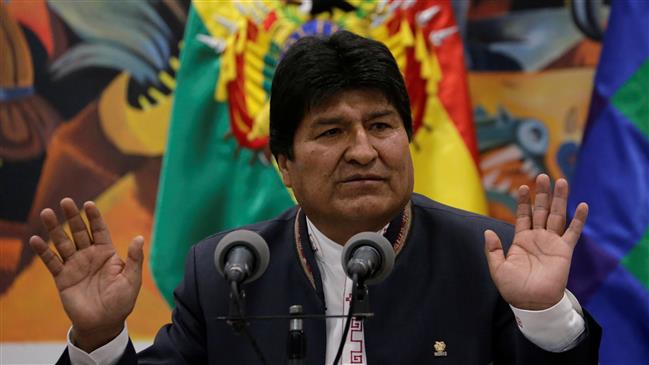


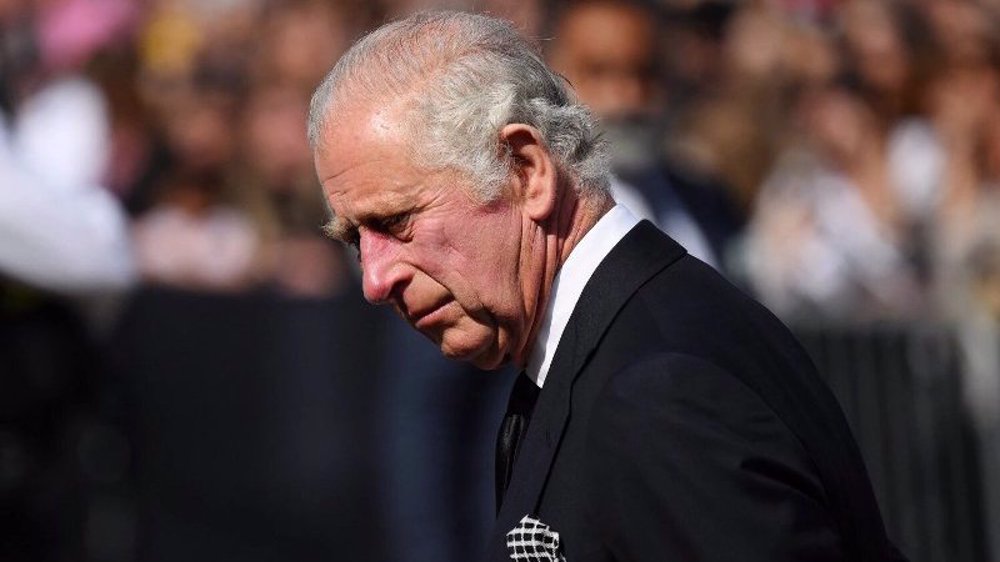
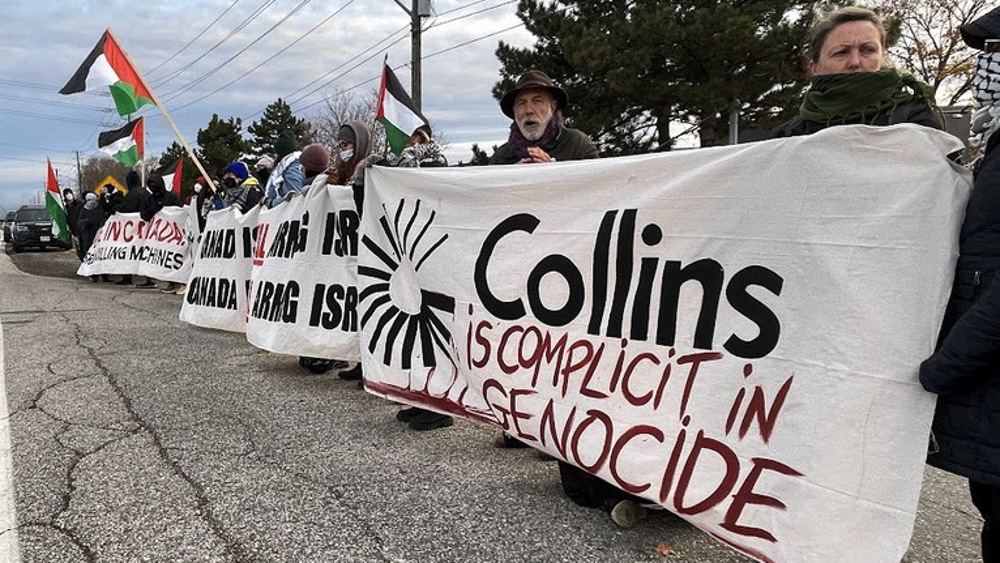
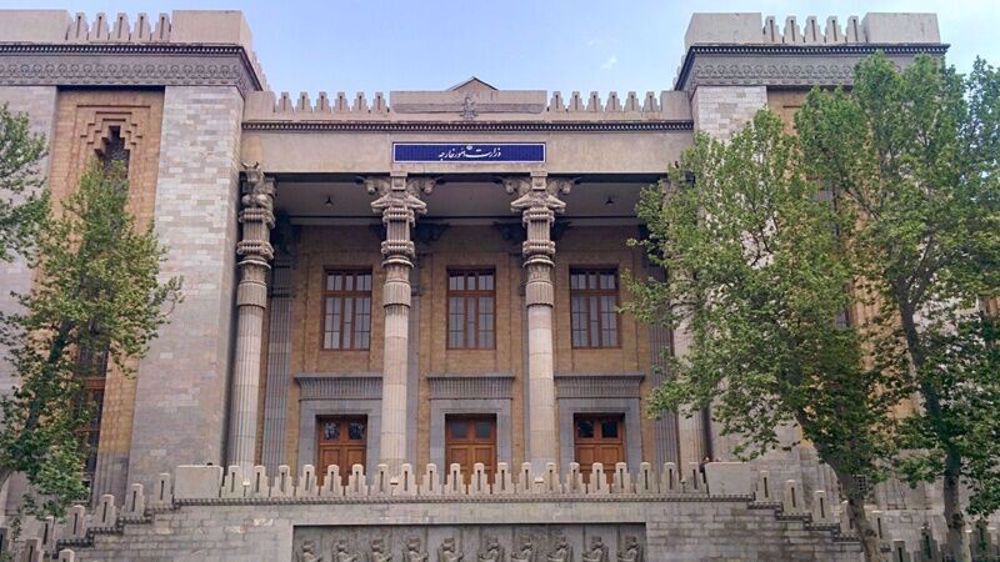




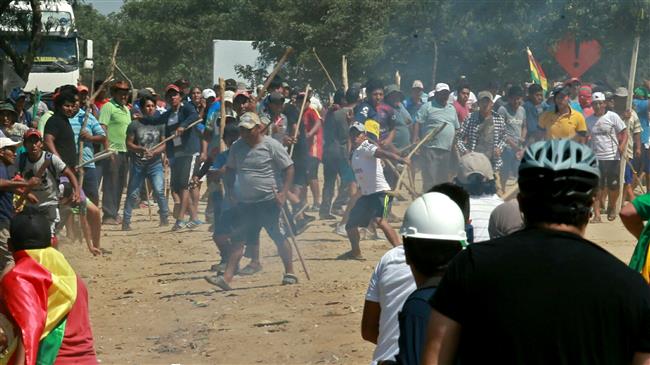


 This makes it easy to access the Press TV website
This makes it easy to access the Press TV website